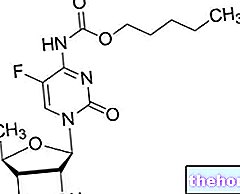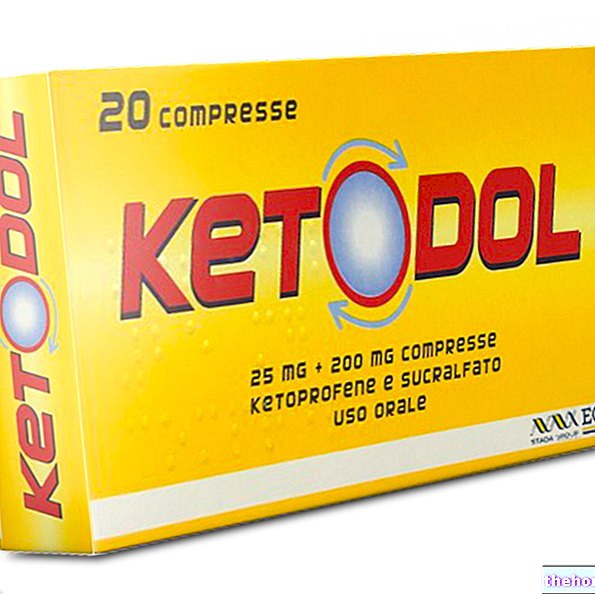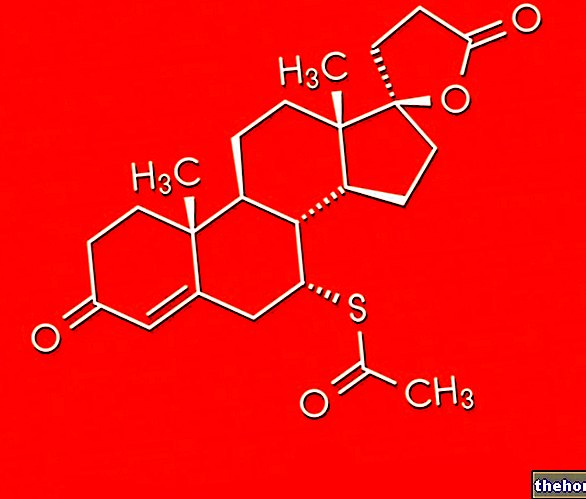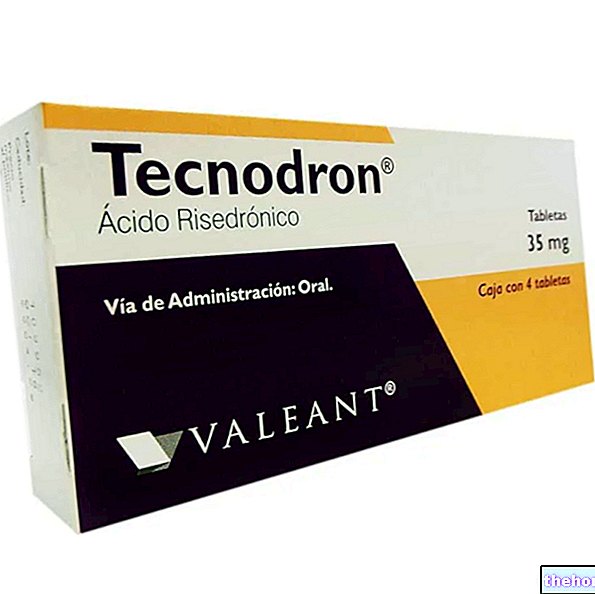PIPEMID © is a drug based on pipemidic acid trihydrate
THERAPEUTIC GROUP: Antibiotics - Antiinfectives for the treatment of acne

Indications PIPEMID ® Pipemidic acid
PIPEMID ® is indicated in the treatment of both acute and chronic urinary tract infections.
Therefore this drug is used successfully in the treatment of cystitis, urethritis, pyelonephritis, prostatitis and in the prophylaxis of post-operative urinary infections.
Mechanism of action PIPEMID ® Pipemidic acid
PIPEMID ® is an antibiotic containing pipemidic acid, a first generation fluoroquinolone active against both Gram negative and Gram positive bacteria.
Its therapeutic action, particularly concentrated in the urinary tract, where it is possible to find the active form in therapeutically effective concentrations, is linked to the ability to inhibit certain enzymes such as DNA-gyrase and DNA topoisomerase, thus preventing DNA duplication and consequently bacterial proliferation.
Despite the excellent therapeutic activity, dose dependent, which allows to carry out the biological activity even relatively low concentrations, different bacteria have put in place resistance mechanisms based on mutations of the target enzymes, alteration of the expression of membrane carriers necessary to guarantee the intracellular penetration of the antibiotic and the expression of efflux pumps capable of eliminating the active principle from the cytoplasmic environment, which significantly reduce the antimicrobial efficacy of the therapy.
At the end of its therapeutic action, pipemidic acid is eliminated mainly in the urine and minimally, following hepatic metabolism, by the biliary route.
Studies carried out and clinical efficacy
1. THE POOR EFFECTIVENESS OF PIPEMIDIC ACID IN SMALL PATIENTS
Paediatr Indones. 1989 Nov-Dec; 29 (11-12): 228-32.
Treatment of acute urinary tract infection in children with pipemidic acid.
Kosnadi L, Widayat R, Wastoro D, Yunanto A, Gunawan R.
Study demonstrating the poor efficacy of pipemidic acid in the treatment of acute urinary tract infections in children.
It is from these studies that the scarce prescribing appropriateness of this active ingredient in pediatric clinics emerges
2. PIPEMIDIC ACID AGAINST MULTIRESISTANT GERMS
Vet Q. 1986 Jan; 8: 2-5.
Pipemidic acid, a new treatment for recurrent urinary tract infection in small animals.
van Oosterom RA, Hartman EG.
Dated work that however emphasizes the efficacy of pipemidic acid treatment in controlling urinary tract infections sustained by multidrug-resistant microorganisms such as E.Coli and Proteus.
3.L "PIPEMIDIC ACID IN THE PREVENTION OF CYSTITES
Ann Urol (Paris). 1987; 21: 438-42.
Pipemidic acid in the prevention of recurring cystitis in women.
Schulman C, Chantrie M, Mattelaer J, de Wilde T, Frens PH, Cabri C, Poels R.
Work that demonstrates how the use of pipemidic acid can be effective in reducing the rate of recurrence of recurrent cystitis in young women undergoing prophylactic antibiotic treatment
Method of use and dosage
PIPEMID ®
Capsules for oral administration of 400 mg of pipemidic acid.
In order to optimize the efficacy of antibiotic therapy, it is recommended to take two capsules a day, preferably in the morning and in the evening after meals, for the necessary period defined by the doctor.
Warnings PIPEMID ® Pipemidic acid
The use of first generation fluoroquinolones as urinary antiseptics has been found to be particularly effective and generally well tolerated.
Despite this premise, it is always necessary to consult your doctor before undertaking any antibiotic therapy, especially during contextual drug therapies or in the presence of liver and kidney diseases.
During therapy with PIPEMID ® it would also be important to avoid exposure to ultraviolet rays due to the risk of hypersensitivity, therefore of side effects such as bullous dermatitis.
PREGNANCY AND BREASTFEEDING
The absence of clinical trials able to fully characterize the safety profile of pipemidic acid on the unborn child, suggests the use of PIPEMID ® exclusively in cases of real need and only under the strict supervision of a specialist doctor.
Interactions
Pharmacokinetic studies show how the presence of divalent cations such as those present in antacids containing magnesium and aluminum rather than in oral preparations based on calcium, iron or zinc, or milk and derivatives, can form chelated complexes with fluoroquinolones, reducing their " intestinal absorption.
Interactions with glibenclamide are also documented, in which the risk of hypoglycaemia, H2 antagonists and probenecid which reduces tubular excretion was increased.
Contraindications PIPEMID ® Pipemidic acid
The use of PIPEMID ® is contraindicated in case of hypersensitivity to the active substance or to one of its excipients and in pediatric patients
Undesirable Effects - Side Effects
Side effects secondary to the administration of PIPEMID ® are generally of modest clinical entity and mostly characterized by:
- Nauesa, vomiting, diarrhea, abdominal pain, dyspepsia and only rarely pseudomembranous colitis.
On the other hand, dermatological or hepatotoxic reactions are generally rarer.
Note
PIPEMID ® is a prescription drug.
The information on PIPEMID ® Pipemidic Acid published on this page may be out of date or incomplete. For a correct use of this information, see the Disclaimer and useful information page.




























